Commercial Construction: What You Need to Know
Thinking about a new office, a shop, or a warehouse? Commercial construction can feel overwhelming, but breaking it down makes it manageable. You don’t need a degree in engineering to understand the basics – just a good plan, the right team, and a clear idea of budget and timeline.
Key Steps in a Commercial Build
The first thing you’ll do is land acquisition. Make sure the plot is zoned for the type of building you want – a retail space needs different permissions than a factory. Once the site is set, a design brief outlines the size, layout, and any special features such as loading bays or high ceilings.
Next comes the architect and the engineer. They turn your brief into drawings that meet building codes and safety standards. Don’t skip the structural engineer – they’ll calculate loads, choose the right steel or concrete, and keep the project from costly re‑work later.
After the plans are approved, you move to the tender stage. This is where you invite contractors to quote the work. Compare quotes not just on price but on timeline, material quality, and safety record. A low bid can hide hidden costs, so ask for a breakdown of labor, equipment, and any subcontractor fees.
When the contract is signed, the site preparation begins. That includes clearing the land, setting up temporary offices, and installing utilities. Then the real construction starts: foundations, structural framework, roofing, and finally interior fit‑out. Each phase should have a clear checkpoint – a walk‑through with your project manager to confirm everything matches the plan.
Finishing touches are often overlooked. Signage, lighting, fire safety systems, and waste management plans can affect the building’s usability and compliance. Once everything passes inspection, you get a completion certificate and can move in.
Choosing the Right Contractor
Picking a contractor is more than picking the cheapest offer. Look for a firm with experience in the same type of building you’re planning. Ask for references and, if possible, visit a current job site. You’ll see how they manage safety, how tidy the site is, and how they interact with workers.
Check insurance – public liability and professional indemnity are essential. A reputable contractor will also have a clear warranty on workmanship and materials. This protects you if something goes wrong after handover.Communication is key. Choose a contractor who gives you a single point of contact and provides regular updates. Simple tools like weekly emails or a shared project board keep everyone on the same page and help avoid surprises.
Finally, trust your gut. If a contractor seems evasive about costs or timelines, walk away. A solid partnership saves money, time, and stress in the long run.
Commercial construction doesn’t have to be a mystery. By understanding the main steps and selecting a trustworthy builder, you set the stage for a smooth project that delivers a space ready for business. Ready to start? Grab a checklist, line up a few quotes, and take the first step toward your new commercial building.
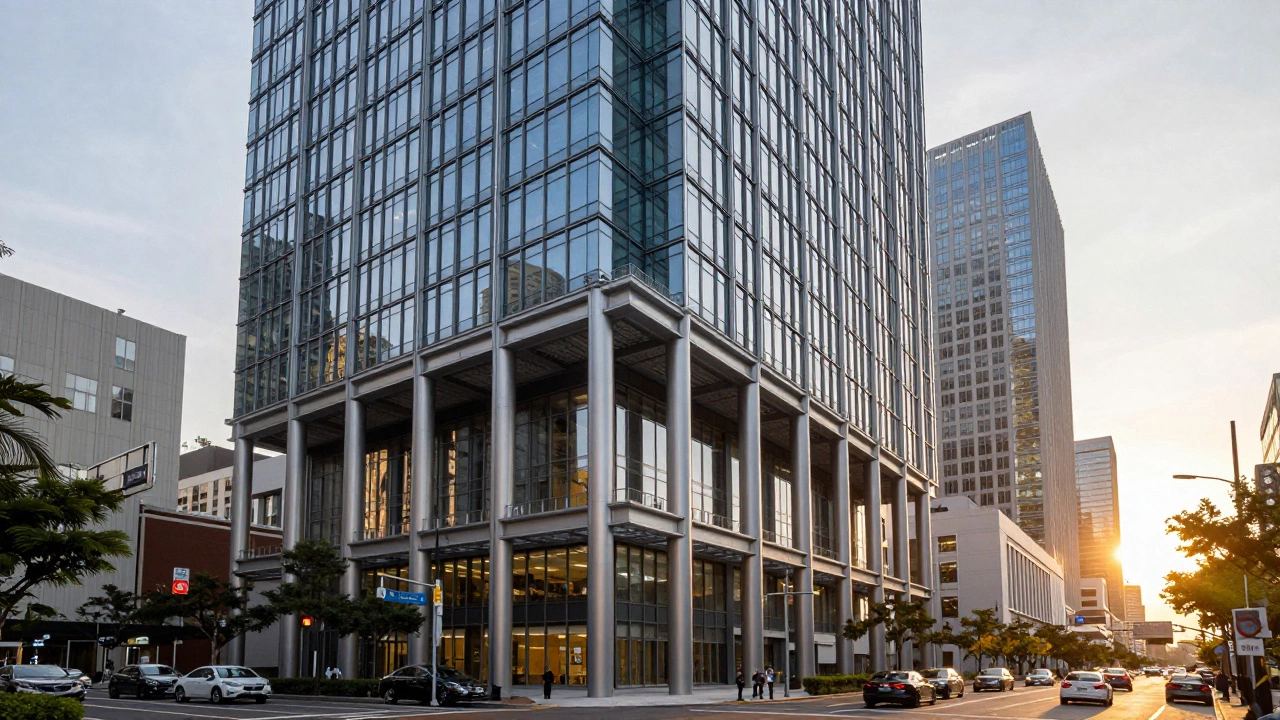
What Type of Construction Are Most Commercial Buildings?
Feb 23, 2026, Posted by Damon Blackwood
Most commercial buildings use steel frame or reinforced concrete construction for strength, fire resistance, and durability. These materials support large spaces, heavy loads, and strict safety codes that wood and brick can't meet.
MORE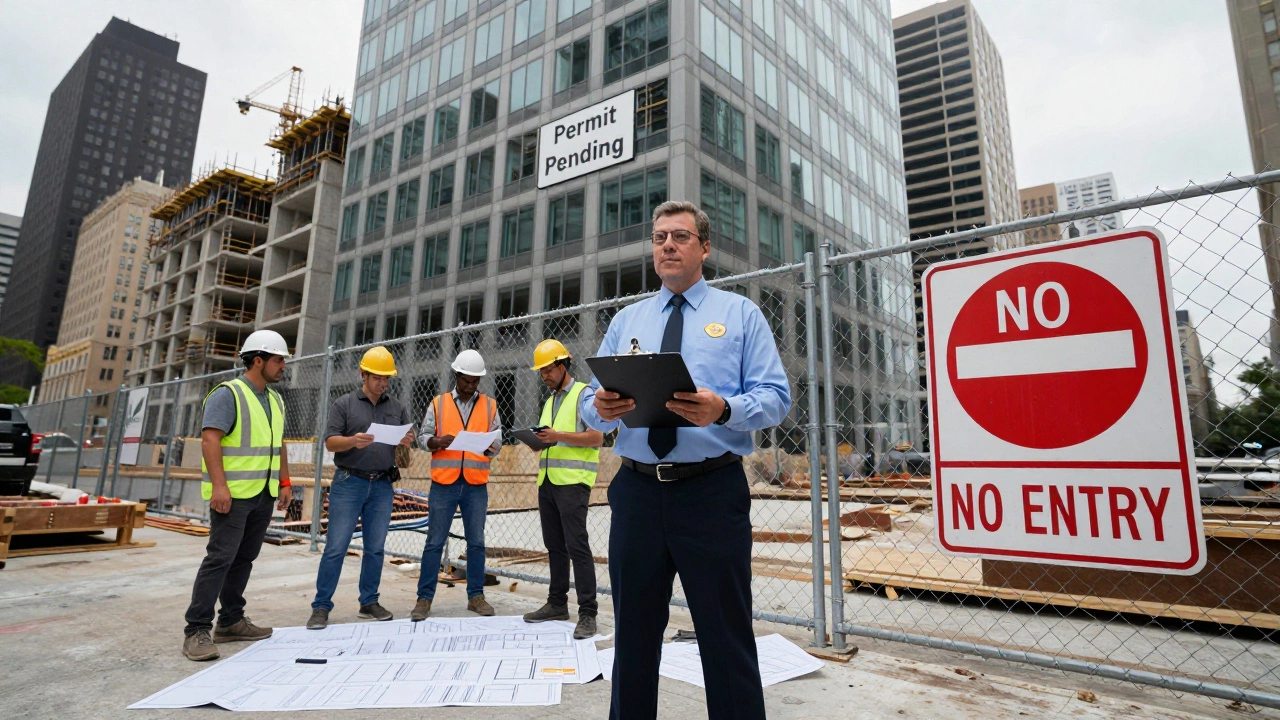
What Does Commercial License Mean in Construction?
Feb 15, 2026, Posted by Damon Blackwood
A commercial license in construction is a legal permit required to build or modify structures for business use. It ensures safety, accessibility, and code compliance. Without it, projects face fines, shutdowns, or legal liability. Know the difference between commercial and residential permits.
MORE
What Is the Difference Between Commercial and Non-Commercial Construction?
Feb 9, 2026, Posted by Damon Blackwood
Commercial construction follows strict rules for business use, while non-commercial building serves personal or public needs with fewer regulations. Understand the key differences in codes, permits, funding, and safety to avoid legal and safety risks.
MORE
What Is Classified as Commercial Construction?
Feb 8, 2026, Posted by Damon Blackwood
Commercial construction includes buildings designed for business use like offices, retail spaces, and warehouses-not homes or personal residences. Learn what qualifies and why misclassification can lead to costly mistakes.
MORE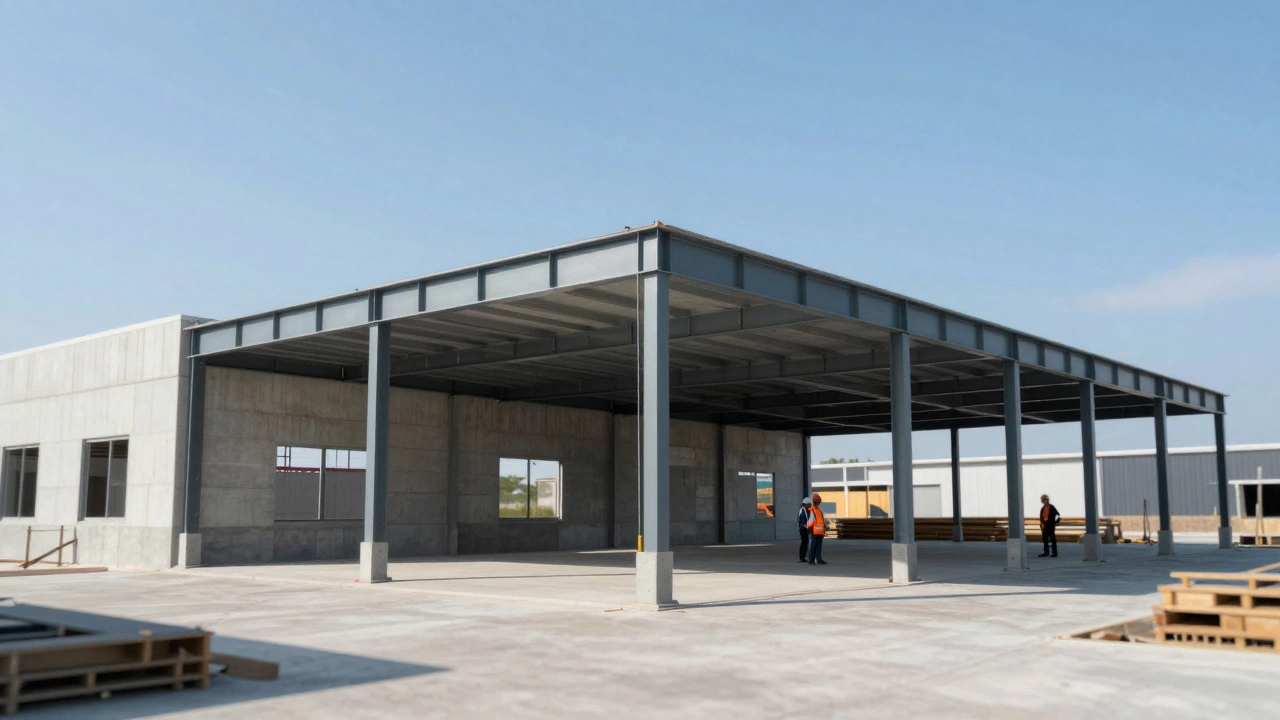
What is Type D Construction? A Simple Guide for Commercial Projects
Jan 15, 2026, Posted by Damon Blackwood
Type D construction doesn't exist in modern building codes. Learn what people really mean when they say it, and how to identify the actual construction type for commercial projects using the correct Type I-V system.
MORE
What Is the Difference Between Commercial and Industrial Construction?
Jan 12, 2026, Posted by Damon Blackwood
Commercial construction is for offices, stores, and hotels-focused on people and aesthetics. Industrial construction is for factories and warehouses-built for heavy machinery and durability. Know the difference before you start building.
MORE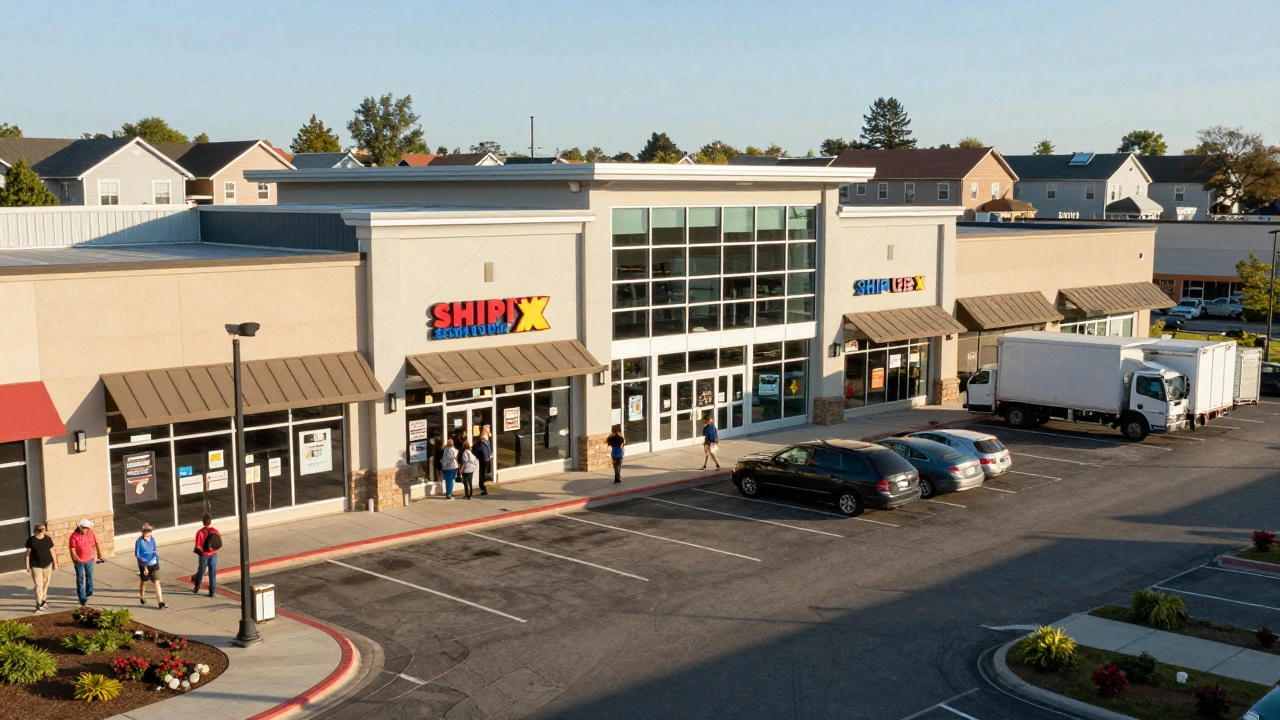
What Defines Being Commercial in Construction?
Dec 28, 2025, Posted by Damon Blackwood
Commercial construction is defined by use, zoning, building codes, and operational demands-not just ownership or size. Learn what makes a building truly commercial and why it matters for developers and investors.
MORE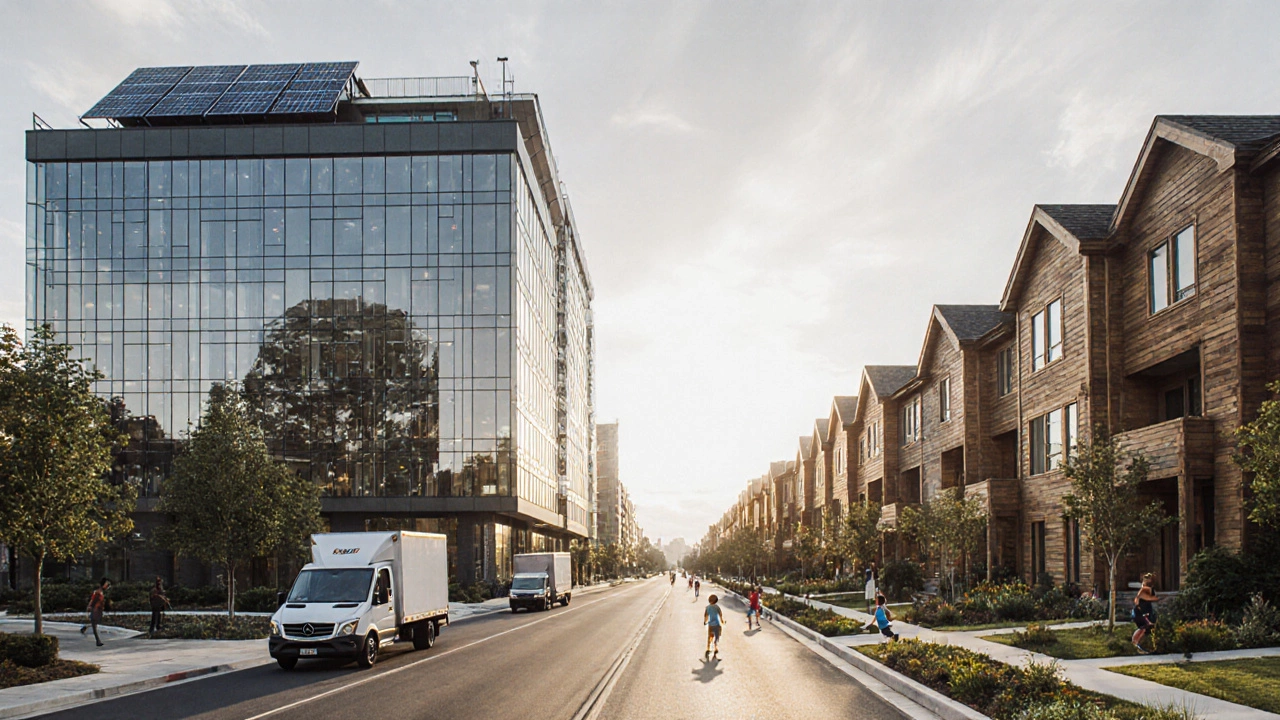
Commercial vs Residential Construction: Which Is Better?
Oct 24, 2025, Posted by Damon Blackwood
Compare commercial and residential construction on cost, timeline, ROI and risk. Learn which sector fits your budget and goals with a clear checklist and FAQs.
MORE
Commercial vs Residential Construction: Which Is Better?
Oct 14, 2025, Posted by Damon Blackwood
Compare commercial and residential construction on cost, timeline, regulations, ROI and risk. Get a clear checklist, table and FAQ to decide which path fits your goals.
MORE
Industrial vs Commercial Construction: Are They the Same?
Oct 9, 2025, Posted by Damon Blackwood
Explore the differences between industrial and commercial construction, covering purpose, regulations, costs, timelines, and how to pick the right contractor.
MORE
Type C Construction: What It Is and Why It Matters
May 20, 2025, Posted by Damon Blackwood
Type C construction is a term you'd hear often if you're dealing with commercial buildings in Australia and some other regions. This article explains what type C construction actually means, how it's different from types A and B, and which buildings typically use it. You'll get practical tips on what to expect if you're working on or investing in a type C building. We’ll also clear up common misconceptions so you can make better decisions around safety, compliance, and costs.
MORE
What Makes a Building Commercial? Key Factors Explained
May 9, 2025, Posted by Damon Blackwood
What actually turns a building into a 'commercial' one? This article breaks down the real differences between commercial and other types of construction. You’ll get honest tips, straight facts, and clear examples—from zoning to building codes to how these spaces get used every day. Find out what sets commercial buildings apart, and why it matters for owners, builders, and even tenants. Get a grip on the details without wading through legal or boring jargon.
MORESEARCH HERE
Categories
TAGS
- foundation repair
- commercial construction
- construction
- new builds
- home improvement
- home renovation
- bathroom renovation
- construction materials
- residential construction
- building codes
- home foundation
- building types
- renovation tips
- building materials
- construction differences
- contractor
- foundation cracks
- home construction
- architectural services
- foundation issues